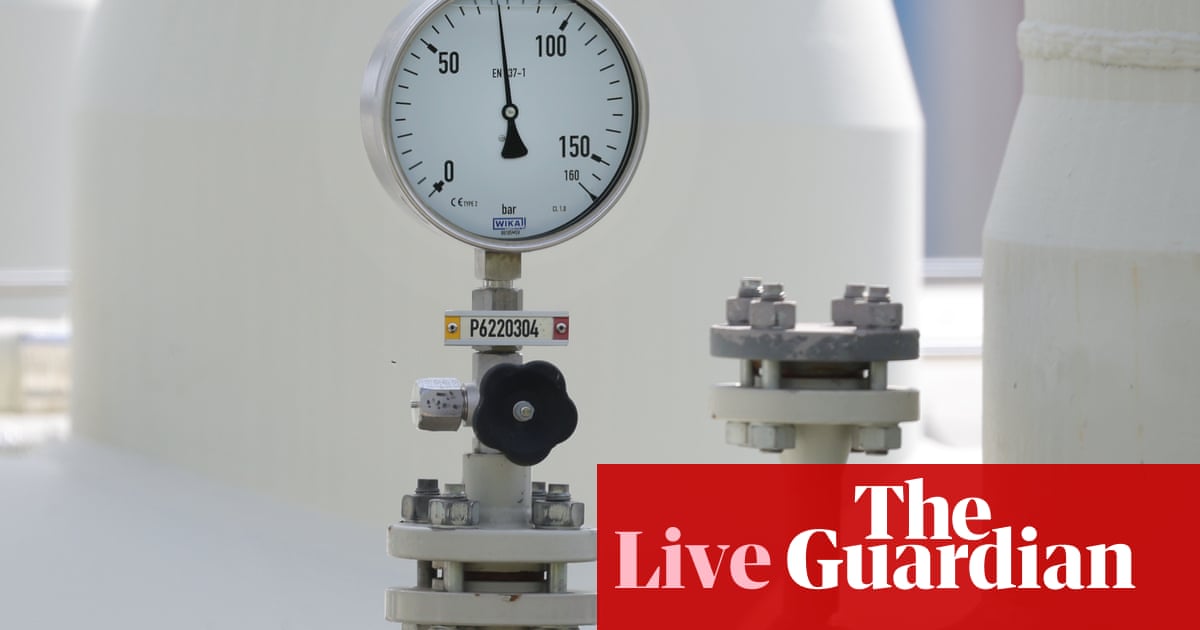We use some essential cookies to make this website work.
We’d like to set additional cookies to understand how you use GOV.UK, remember your settings and improve government services.
We also use cookies set by other sites to help us deliver content from their services.
You can change your cookie settings at any time.
Departments, agencies and public bodies
News stories, speeches, letters and notices
Detailed guidance, regulations and rules
Reports, analysis and official statistics
Consultations and strategy
Data, Freedom of Information releases and corporate reports
Updated 31 August 2022

© Crown copyright 2022
This publication is licensed under the terms of the Open Government Licence v3.0 except where otherwise stated. To view this licence, visit nationalarchives.gov.uk/doc/open-government-licence/version/3 or write to the Information Policy Team, The National Archives, Kew, London TW9 4DU, or email: psi@nationalarchives.gov.uk.
Where we have identified any third party copyright information you will need to obtain permission from the copyright holders concerned.
This publication is available at https://www.gov.uk/government/publications/covid-19-managing-healthcare-staff-with-symptoms-of-a-respiratory-infection/managing-healthcare-staff-with-symptoms-of-a-respiratory-infection-or-a-positive-covid-19-test-result
Patient-facing healthcare staff who have no symptoms of a respiratory infection are no longer required to test for COVID-19 on a regular basis.
This guidance is for staff and managers in the NHS and NHS commissioned services.
It provides advice on the management of patient-facing healthcare staff who have symptoms of a respiratory infection including COVID-19, or a positive test result for COVID-19.
It also includes advice on staff who are close contacts of a confirmed case of COVID-19.
Routine asymptomatic testing for patient-facing healthcare staff should only continue where local healthcare organisations have sought appropriate advice to undertake this testing as part of broader infection prevention and control measures, for example to asymptomatically test staff who may be in close contact with patients who are at higher risk of serious illness from COVID-19. Appropriate advice should be sought from Medical Directors, Nursing Directors or Infection Prevention and Control teams.
Anyone who has symptoms of a respiratory infection and has a high temperature or does not feel well enough to go to work, is advised to stay at home and avoid contact with other people.
They should follow the guidance for people with symptoms of a respiratory infection including COVID-19.
Patient-facing healthcare staff who have symptoms of a respiratory infection, and who have a high temperature or do not feel well enough to attend work, should take an LFD test as soon as they feel unwell.
If the result of this LFD test is positive, staff should follow the advice in the section for staff members who receive a positive LFD test result for COVID-19.
If the LFD test result is negative, they can attend work if they are clinically well enough to do so and they do not have a high temperature.
If the staff member works with patients whose immune system means that they are at higher risk of serious illness despite vaccination, they should discuss this with their line manager who should undertake a risk assessment.
If they are still displaying respiratory symptoms when they return to work, they should also speak to their line manager who should undertake a risk assessment.
On returning to work, the staff member must continue to comply rigorously with all relevant infection control precautions and personal protective equipment (PPE) must be worn properly throughout the day.
Symptoms of COVID-19, flu and common respiratory infections include:
All healthcare staff who have received a positive COVID-19 test result, regardless of whether they have symptoms, are advised not to attend work for 5 days. They should follow guidance for people with a positive COVID-19 test result.
Patient-facing healthcare staff can return to work when they have had 2 consecutive negative LFD test results (taken at least 24 hours apart).
The first LFD test should only be taken 5 days after the day their symptoms started (or the day their first positive test was taken if they did not have symptoms); this is described as day 0.
If both LFD tests results are negative, they may return to work immediately after the second negative LFD test result, provided they meet the criteria below:
If the day 5 LFD test is positive, they should continue to test daily until they have received two negative LFD test results, taken 24 hrs apart. If the staff member’s LFD test result is positive on the 10th day, they should discuss this with their line manager who may undertake a risk assessment.
If a staff member is tested with an LFD test within 90 days of a prior positive COVID-19 test and the result is positive, they should follow the advice for staff members who have received a positive test result for COVID-19 again, unless a clinical or risk assessment suggests that a re-infection is unlikely.
Guidance on reinfection and performing clinical risk assessment is detailed in the Investigation and management of suspected SARS-CoV-2 reinfections: a guide for clinicians and infection specialists.
People who live in the same household as someone with COVID-19 are at the highest risk of becoming infected because they are most likely to have prolonged close contact. People who stayed overnight in the household of someone with COVID-19 are also at high risk.
If you are a household or overnight contact of someone who has had a positive COVID-19 test result it can take up to 10 days for your infection to develop. It is possible to pass on COVID-19 to others, even if you have no symptoms.
Staff who are identified as a household or overnight contact of someone who has had a positive COVID-19 test result should discuss ways to minimise risk of onwards transmission with their line manager.
This may include considering:
While they are attending work, staff must continue to comply rigorously with all relevant infection control precautions.
If staff develop any symptoms during these 10 days, they should follow the advice for staff with symptoms of a respiratory infection, including COVID-19.
Don’t include personal or financial information like your National Insurance number or credit card details.
To help us improve GOV.UK, we’d like to know more about your visit today. We’ll send you a link to a feedback form. It will take only 2 minutes to fill in. Don’t worry we won’t send you spam or share your email address with anyone.



